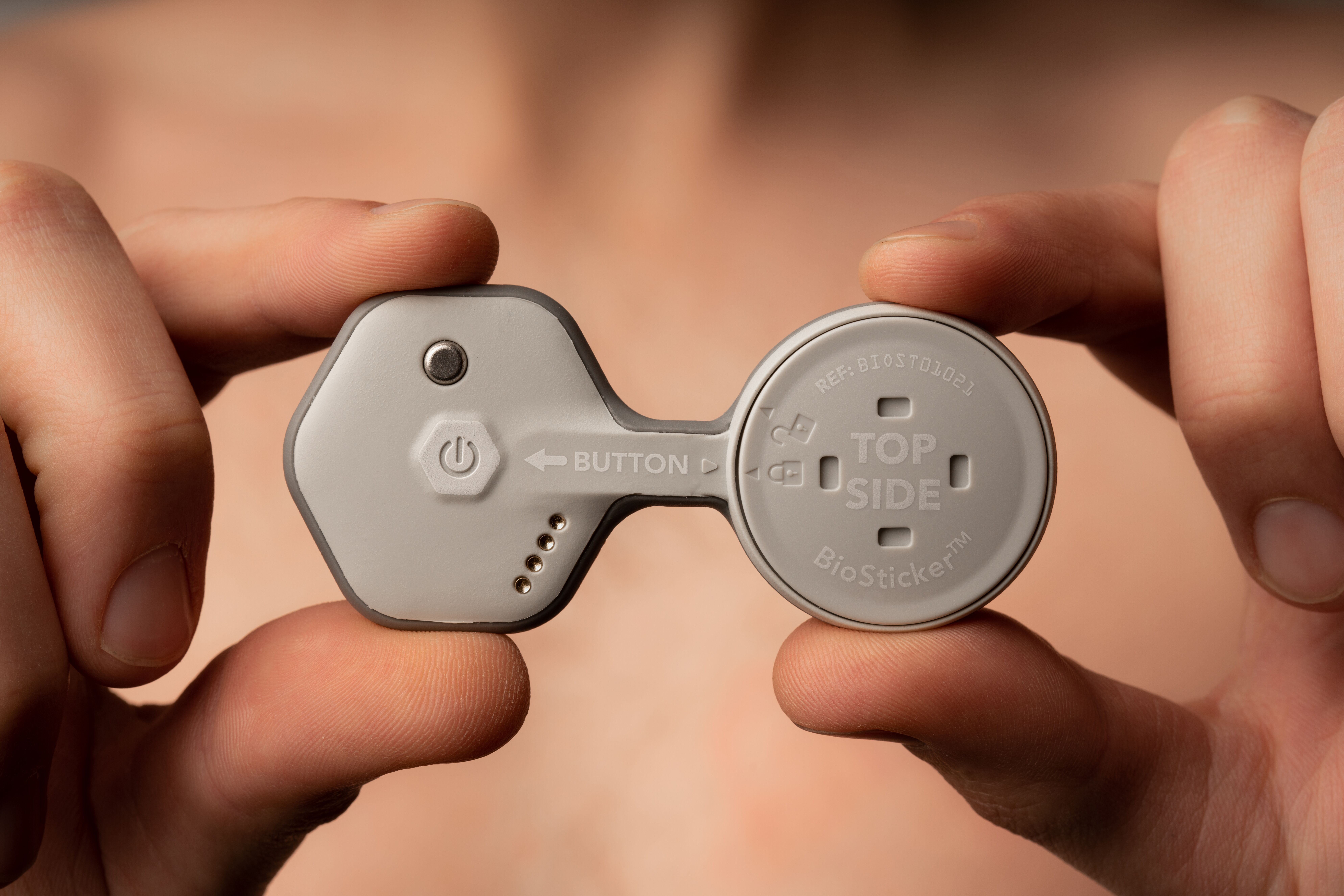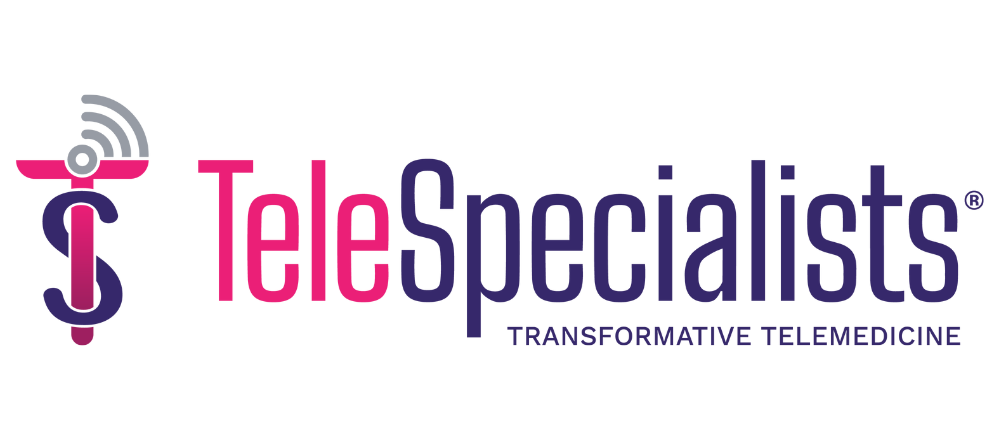
BioIntelliSense makes small, adhesive sensors that can monitor a patient’s vital signs. The company recently struck a partnership with UCHealth
A startup that recently received approval for its at-home monitoring systems struck a partnership with Colorado health system UCHealth. BioIntelliSense, founded by a former UCHealth cardiac surgeon, makes small, adhesive sensors that can monitor a variety of vital signs.
The company received FDA clearance in December to monitor patients’ heart rate, respiratory rate and skin temperature when prescribed by a healthcare professional. BioIntelliSense also says its sensors can detect gait, coughing, sneezing, vomiting and body position, and can be used for up to 30 days of at-home monitoring. Providers and payers would pay for the company’s data service, rather than the cost of the monitoring devices themselves.
UCHealth plans to use the devices to come up with care plans for patients before and after elective surgeries. For example, in the case of a patient getting hip surgery, physicians could monitor their vital signs leading up to the surgery and rehabilitation in the weeks after the procedure.
The health system also plans to use the devices to monitor patients with chronic conditions, such as congestive heart failure or COPD, and allow monitored patients to be discharged earlier from the hospital, when appropriate.
Steve Hess, CIO of the fast-growing health system, said UCHealth began looking a few years ago to build a virtual heath center that would serve all of its facilities, including the new hospitals it was onboarding.
“We wanted to be able to watch over patients, and when we see deterioration event, be able to intervene appropriately,” he said. “(BioIntelliSense) is the first company that we saw that had the engineering talent with the clinical expertise, that could be used outside of the walls of the hospital, uses multiple vital signs, and is cost effective.”
UCHealth currently has BioIntelliSense in its test system and plans to implement it for the first few use cases in the next quarter.
BioIntelliSense Founder and CEO James Mault has created several health startups since his career as a surgeon. Most recently, he founded HealthyCircles, which was acquired by Qualcomm, where he later served as senior vice president and chief medical officer for Qualcomm Life.
With his latest venture, Mault was excited for the prospective information surgeons could glean ahead of a procedure. For example, if a patient had recently been running a low-grade fever — but didn’t know it — a surgeon could know to reschedule their procedure.
He also sees potential uses for patients that are getting chemotherapy, to track how they’re responding to treatment.
“You give them these toxic agents to try to kill their cancer, and you send them home. They’re vomiting, getting fevers, and we have no data,” he said. “We’re crossing our fingers and hoping they’re going to be ok, and the family’s at home just struggling to deal with it.”
Finally, the systems could be used in clinical trials, where patients would no longer need to drive into a trial facility or clinician’s office just to get measurements.
“It’s an exciting set of scenarios,” he said.
Timing may also work in the startup’s favor. Starting in January, the Centers for Medicare and Medicaid Services opened the door to reimbursement for more remote patient monitoring services.
Mault, who has been focused on remote patient monitoring for the past two decades of his career, said “it helps a whole lot.”
“For the first time, doctors and hospitals can get reimbursed for monitoring patients without dragging them in to see them face-to-face,” he said.
On top of that, the cost of the monitoring devices themselves must also have reasonable coverage.
“That’s huge,” he said. “We’ve got all of these things coming together at the same time.”
Photo credit: BioIntelliSense










